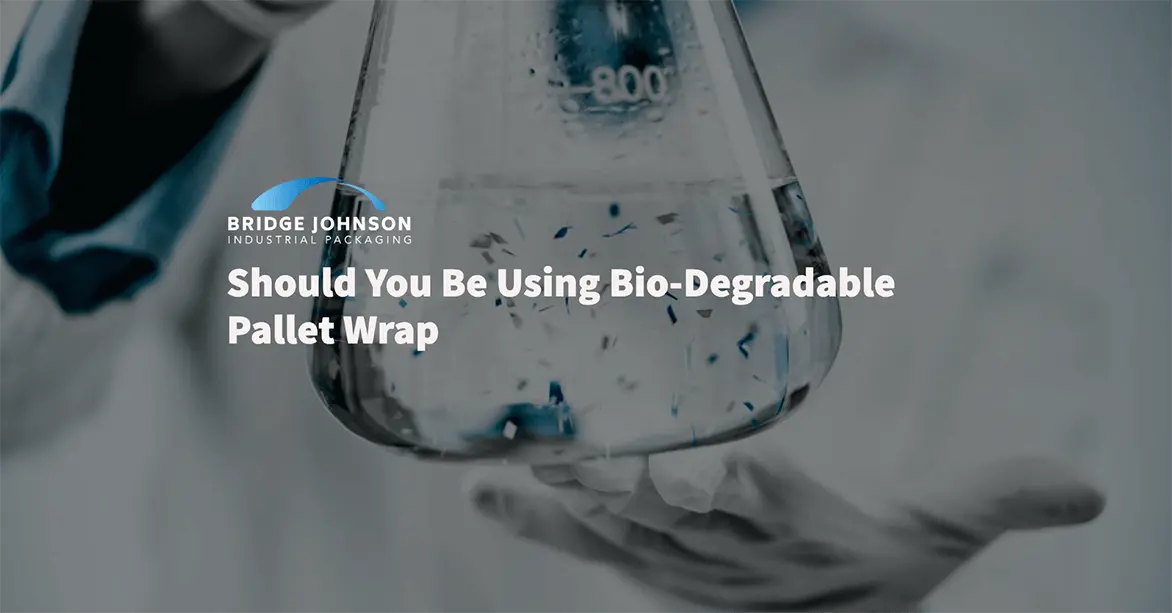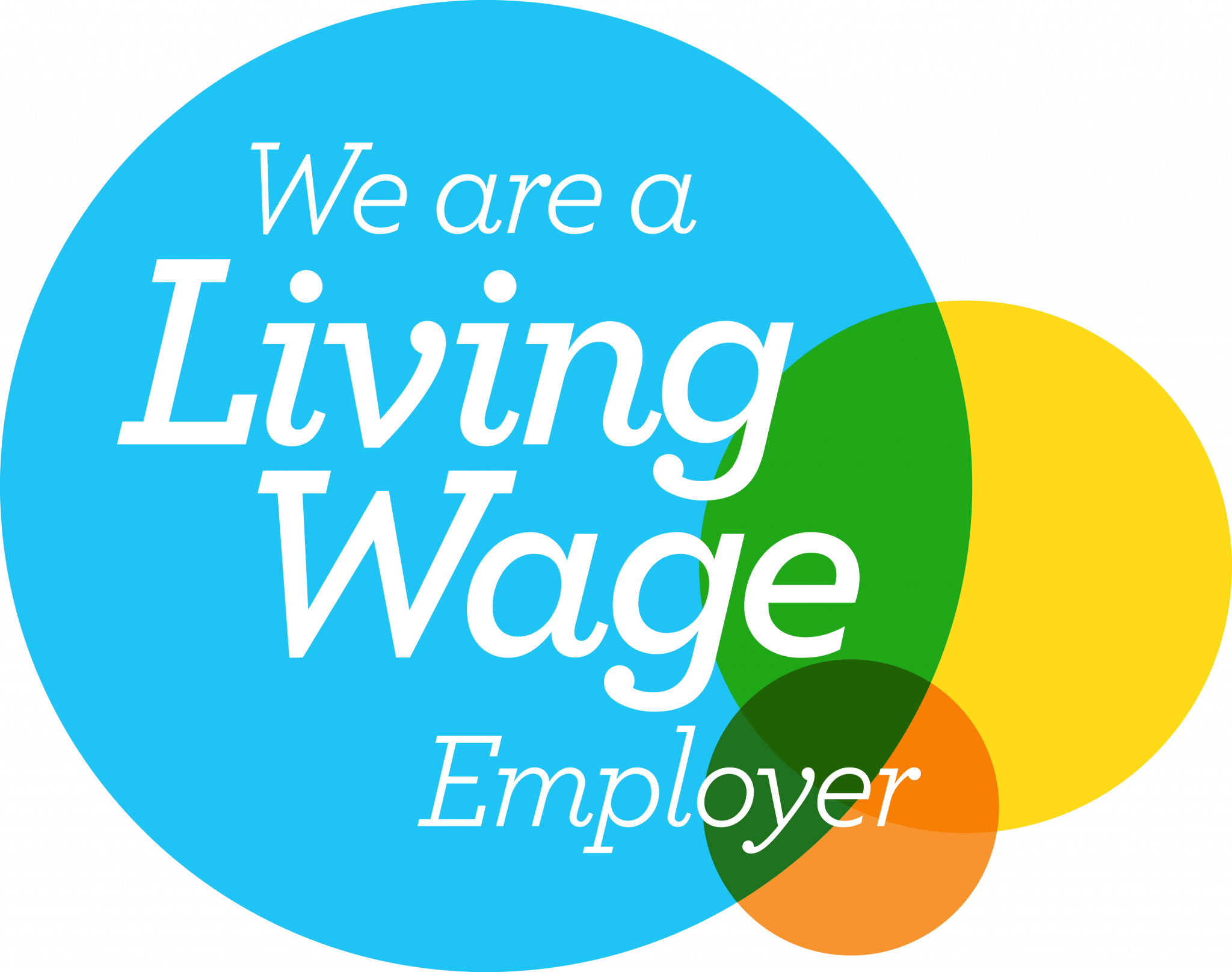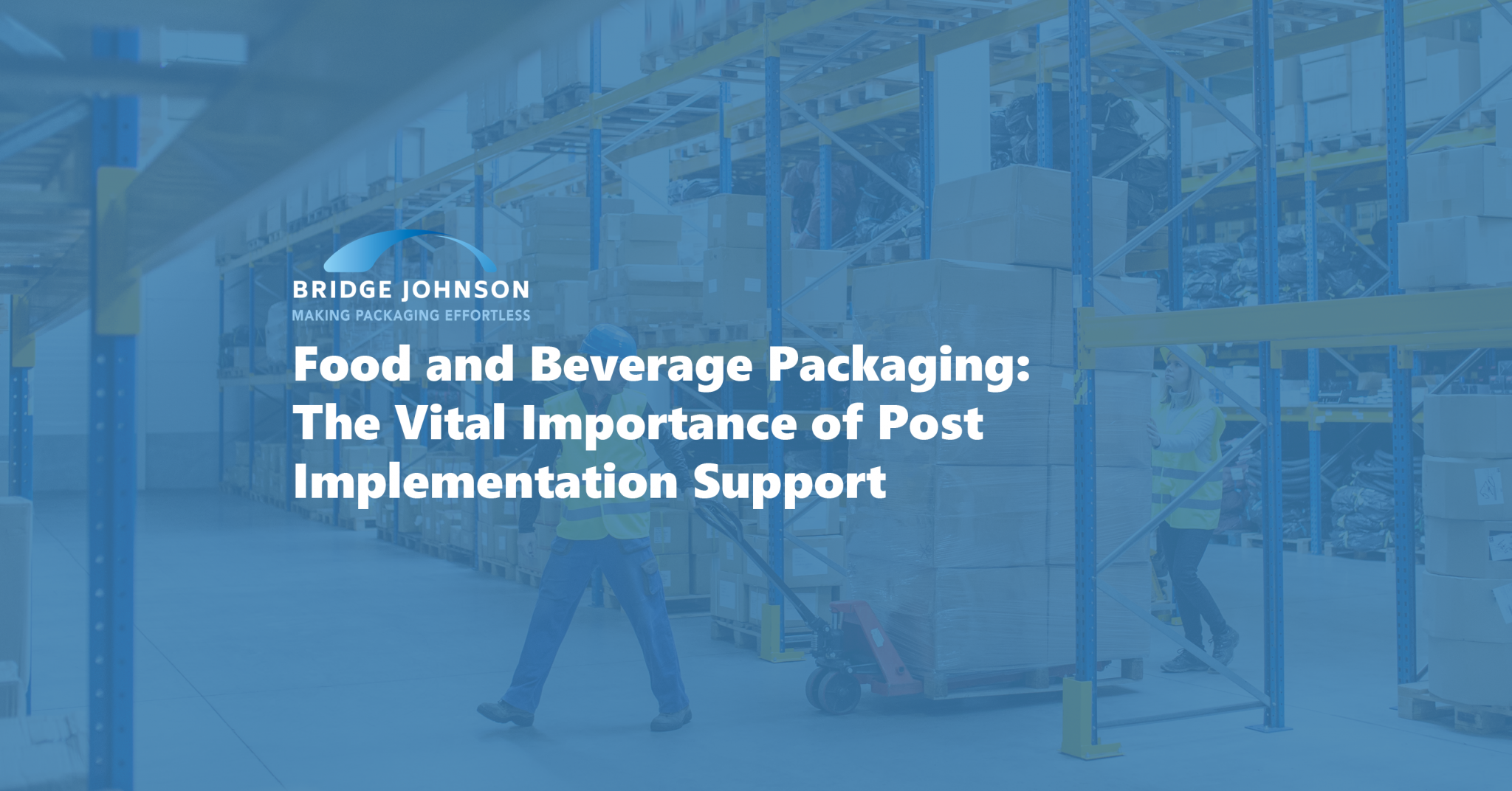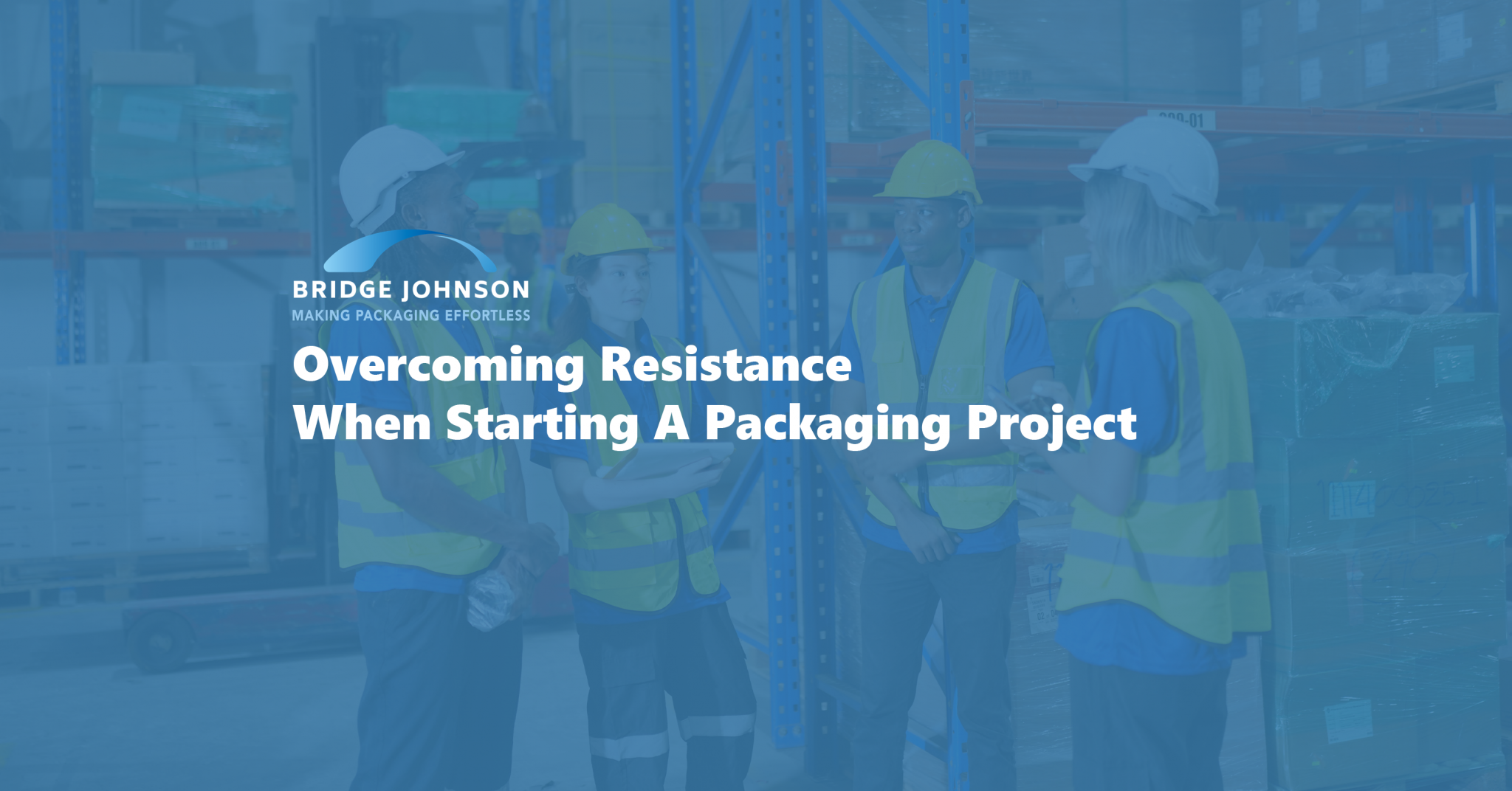Here at Bridge Johnson, we’re proud to take a science-based approach to reduce carbon emissions in the packaging industry. We believe in taking sustainability seriously, which is why we’re dedicated to tackling misinformation that could be harmful to your business’s eco-friendly efforts.
Helping businesses improve their packaging process to be more “green” is one of the things we do best, and in our experience, many organisations still have a knowledge gap on just what products are best for the environment.
It’s become common for products to be branded as ‘environmentally friendly’ based on popular beliefs. One of the biggest myths in the industry is the assumption that biodegradable materials are automatically good for the planet. In this blog, we’re delving into the facts behind the branding and debunking some misconceptions, to help sustainably-minded companies to make the best-informed decisions.
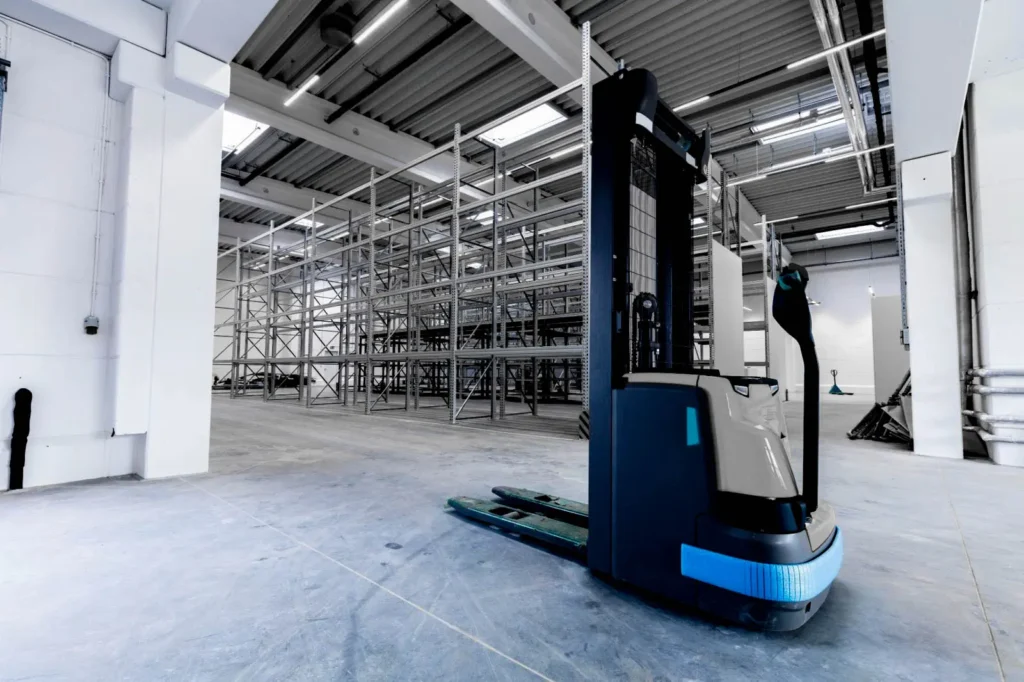
Recyclable Vs Biodegradable: Which Is Best?
Some pallet wraps might claim to help the environment by being biodegradable, but this is actually rare. The fact is, very few types of plastic (excluding PET) can be recycled and disposed of to biodegrade naturally. In reality, you’re left with one of two options.
The first option is that we make something biodegradable and use it once while hoping it will be disposed of responsibly. Or, use a recyclable material that can be used again and again, meaning the original feedstock doesn’t need to be captured from oil. Which sounds more sustainable?
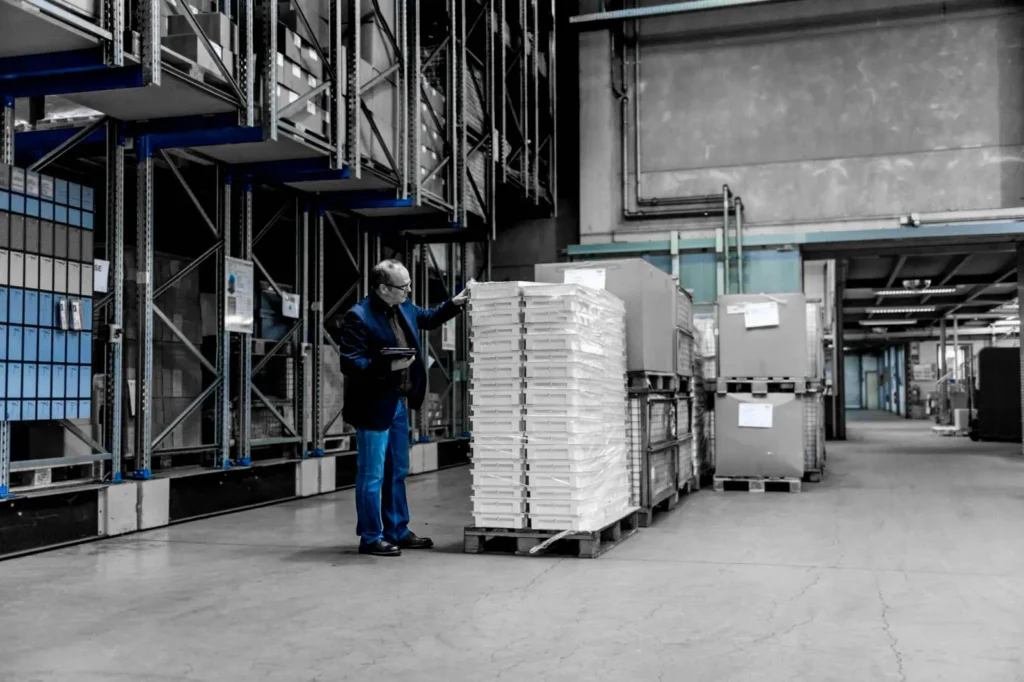
How Should You Dispose Of Biodegradable Pallet Wrap?
A big question around biodegradable pallet wrap is what should happen to ensure it, well, biodegrades? You need an environment where the pallet wrap will be exposed to light, heat and water. As of right now, a landfill site is the best place to find all of these elements.
However, a big deciding factor in choosing environmentally friendly products is that they divert materials from landfills. So, biodegradable pallet wrap in an industrial setting doesn’t necessarily make sense anyway. Of course, it’s different for consumers, where there is a higher likelihood of litter being discarded incorrectly.
What Is ‘Oxo-Degradable’?
If you’ve heard of the process of oxo-degradation, then you may know how controversial the practice is. Oxo-degradation involves re-breaking down plastics using chemicals and is sometimes seen as a way to fast-track biodegradation. However, there isn’t any evidence that this process fully degrades the plastic at a molecular or polymer level.
This might sound complicated, but the end result is tiny plastic particles known as ‘micro-plastics’. Less than five millimetres in length, they can find their way into eco-systems far easier and create further damage. Microplastics can bypass water filtration systems and many animals can end up mistaking them for food, and this is only the end result!

Even during the process, potentially harmful chemicals are used in many cases, posing even more dangers to the planet. The risks of oxo-degradable plastics are so great that the practice is largely banned in Europe, with the UK possibly following soon. Many of the leading British supermarkets including Co-op, Tesco, Aldi and Waitrose have petitioned the government to outlaw the process altogether.
What Pallet Wrap Should You Be Using?
At Bridge Johnson, we take pride in offering excellent pallet wraps that don’t sacrifice sustainability. EcoStretch uses 30% recycled post-consumer content, making it exempt from the rapidly approaching UK plastic tax and is recyclable.
If reducing your carbon footprint is top of your priority list, Surge Film is an excellent recyclable pallet wrap that uses 50% less plastic than traditional films. For more information on how recyclable pallet wrap can help improve your processes, why not reach out to one of our packaging experts?

